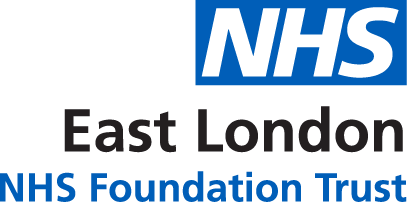Eating Disorders Service Early Intervention Funding Boost

Young people in Bedfordshire and Luton with eating disorders such as anorexia and bulimia are to get rapid access to specialist treatment.
Early Assessment Close to Home
NHS England has announced that it will scale up an early intervention service to support young people in the early stages of eating disorders. The investment in the early intervention - First Episode Rapid Early Intervention for Eating Disorders (FREED) - service is part of the NHS Long Term Plan commitment to provide an additional £1 billion a year by 2023/24 to expand and improve community mental health care so adults, including those with an eating disorder, can get earlier access to care, as close to home as possible.
The new service is being rolled out in 18 sites across the country, including through the Trust’s Bedfordshire and Luton Adult Community Eating Disorder Service.
It builds on a successful scheme shown to help 16-25 year olds in London, with one patient describing it as ‘the gold standard’ of care.
Tackling Problems Early
With eating disorders causing serious physical and mental health problems which can last decades, the expanded service will target care to those who have been living with a condition for fewer than three years, to tackle problems before they escalate.
“Eating disorders are not the young person’s fault,” says Dr Nick Hawkes, Consultant Clinical Psychologist and Bedfordshire and Luton Adult Community Eating Disorder Service Head of Service.
“They are a real illness but the positive news is that with the right support you can really turn the (situation) around and get your life and your happiness back – and be ‘you’ again.”
He added: “Therapy is most effective the earlier you get it. We already offer effective and evidence-based therapy with good outcomes and try to treat everybody as an individual with warmth, respect and working together.”
More Responsive
Teens or young adults coming forward who would benefit from treatment can be contacted within 48 hours and with treatment beginning as soon as two weeks later.
The approach is based on a successful model developed and trialled at King’s College London and the South London and Maudsley NHS Foundation Trust, with support from the Health Foundation. It reduces wait times and improves patients’ outcomes.
